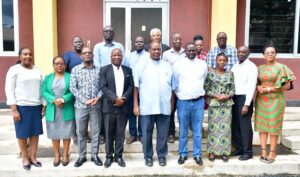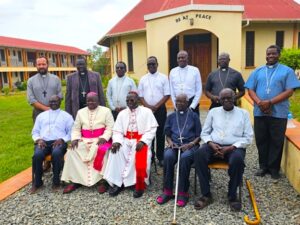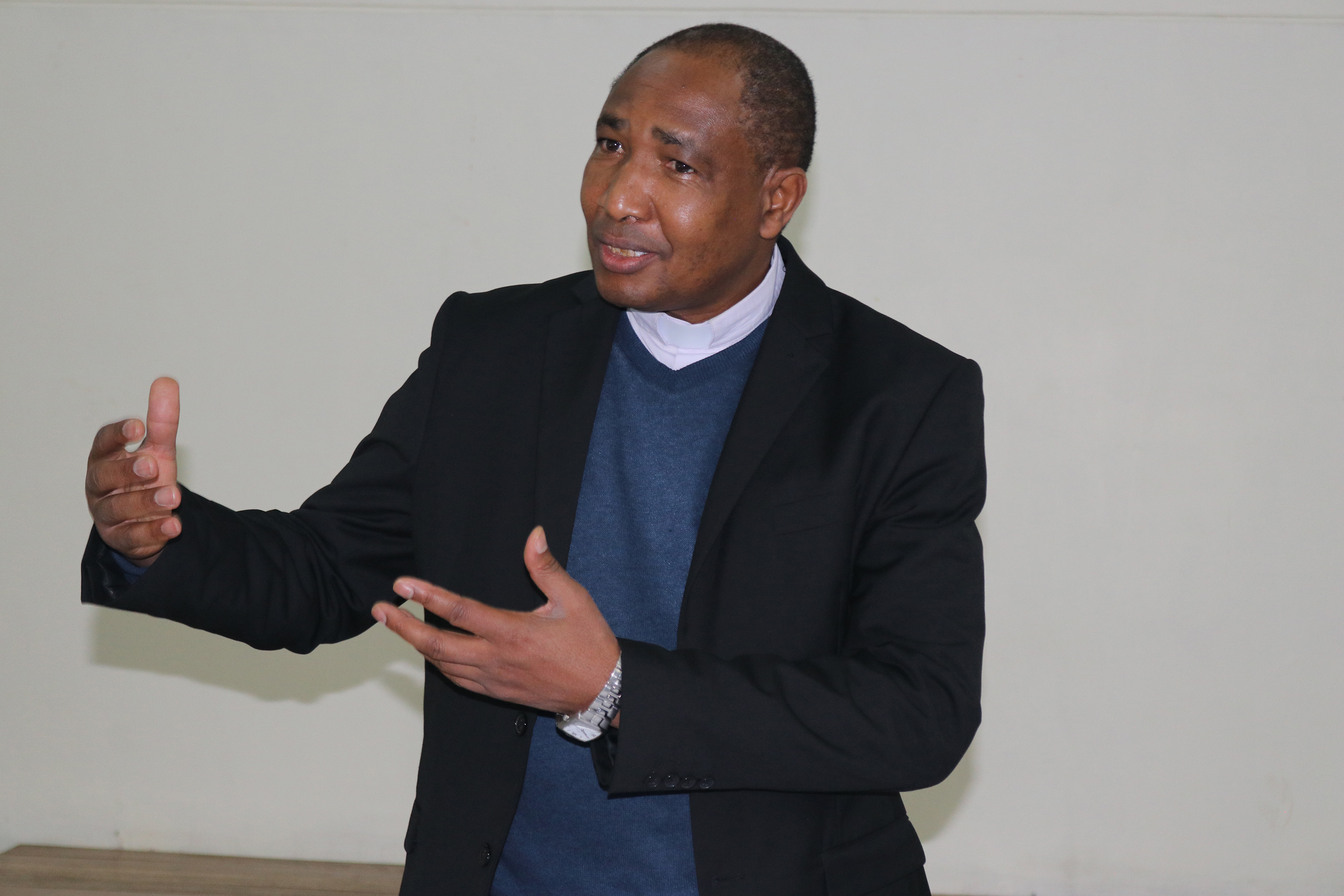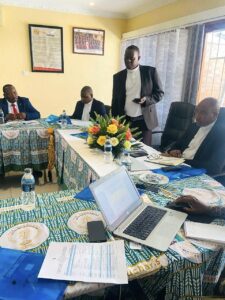TANZANIA: Religious Leaders in Tanzania averted an imminent Political Clashes

By Sarah Pelaji, Kiongozi Newspaper TEC
RELIGIOUS leaders in Tanzania have managed to save the country from an imminent political clashes following the panned nationwide demonstrations by members of the opposition party Chama cha Demokrasia na Maendeleo (CHADEMA).
CHADEMA leaders had planned to conduct demonstrations across the country in protest at what they describe as President John Magufuli’s “dictatorial” style of government. They were meant to rally under the banner Umoja wa Kupinga Udikteta Tanzania (UKUTA), meaning “Alliance Against Dictatorship in Tanzania”.
This had brought tensions in the country and misunderstandings between CHADEMA and government. A series of highly visible police “training exercises” last week that involved testing weaponry and firing tear gas was seen by many as a deliberate warning to potential protesters.
However, the religious leaders including Christians and Muslims warned CHADEMA against their intended countrywide demonstrations which were scheduled for September 1 and the opposition leaders to rather engage the government on dialogue to address their alleged grievances.
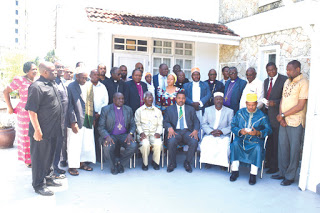
Religious leaders including the President of Tanzania Episcopal Conference (TEC) Rt. Rev. Tarcisius Ngalalekumtwa, Bishop Fredrick Shoo of K.K.K.T, Sheikh Abubakar bin Zubeir Ally among others warned CHADEMA not to protest while giving them time to meet with the Tanzania President John Pombe Magufuli for dialogue.
The Religious leaders came together and spoke with one voice against the protest because they believed that dialogue between two sides was a better option for the peace in the country. Fortunately the opposition leaders heed the call and cancelled the protests.
“There is no alternative to peace that we currently enjoy as a country and we should not allow members of political parties to throw the country into turmoil,” the religious leaders said in a joint statement.
“There is nothing as dangerous as internal conflicts between members of political parties and armed forces,” they said adding that if political parties are aggrieved by the government’s decision, they should have dialogue rather than going to the streets, which could lead to bloodshed.
Rt. Rev. Ngalalekumtwa who is also the Bishop of the Catholic Diocese of Iringa said political challenges can never be avoided.
“We should accept challenges so as to grow in politics and develop the country. Without challenges there is no growth,” he said adding that political tolerance and dialogue are vital for people to move forward as one nation.
Meanwhile Most Rev. Damian Dallu, the Archbishop of the Catholic Diocese of Songea warned politicians not to confuse citizens with propaganda. He said selfishness of political parties put the country in danger and at risk of bloodshed.
“I am warning you politicians not to destroy this strong nation of Tanzania. There were people who shed their blood to build the country to what it is now; it is therefore not proper for you of younger young generation to come with your political selfishness to destroy that peace.”
He also appealed to the citizens not to follow Political propaganda. “If they want to fight let them fight themselves, lets us unite as citizens to build our nation.”
“Registered political parties have less than six million people and yet the country’s population is roughly 50 million people. We should not allow the small fraction of the population to disrupt our peace and tranquillity,” Archbishop Dallu said.
He urged Tanzanians to rally behind President Magufuli who is currently working to unite the country after the hotly-contested general election last year
He also advised the government to accept challenge from the other side for developing the nation and also argued the position parties to use wisdom and prudence in correcting the government for the peace of the country.
∽End∽

